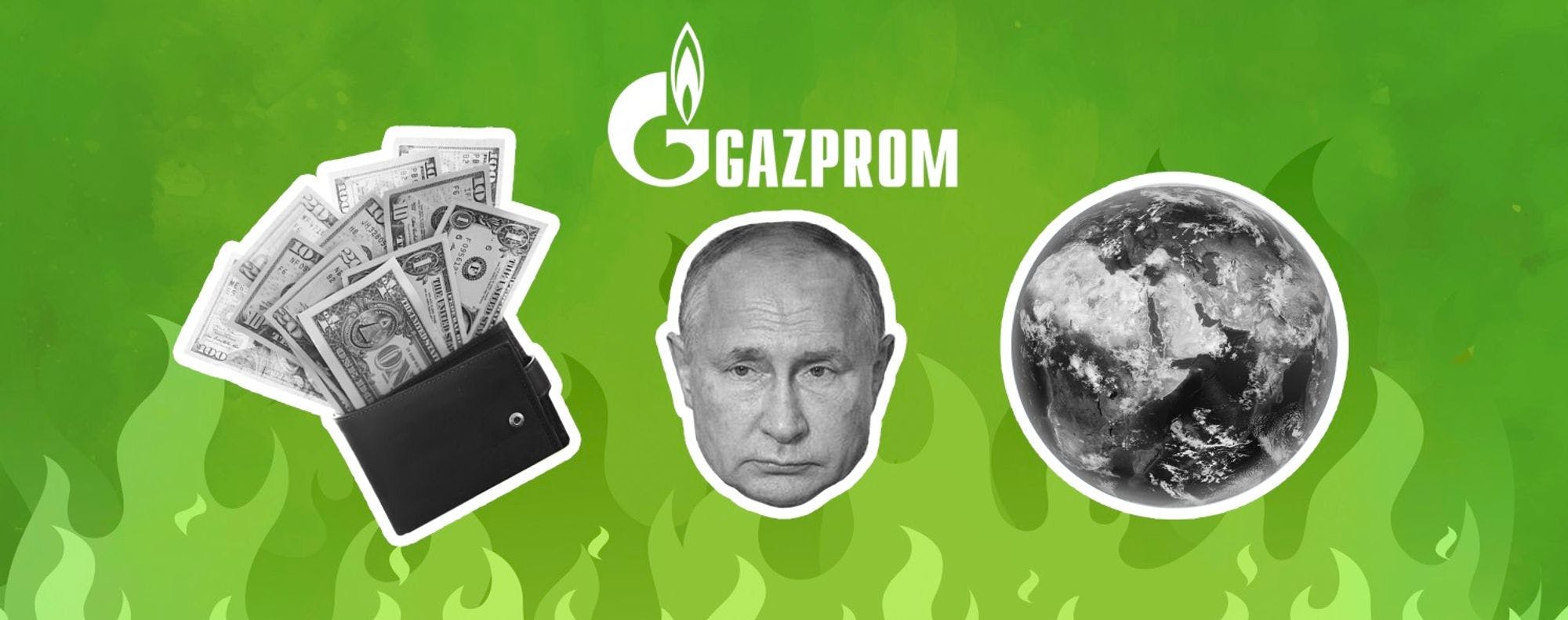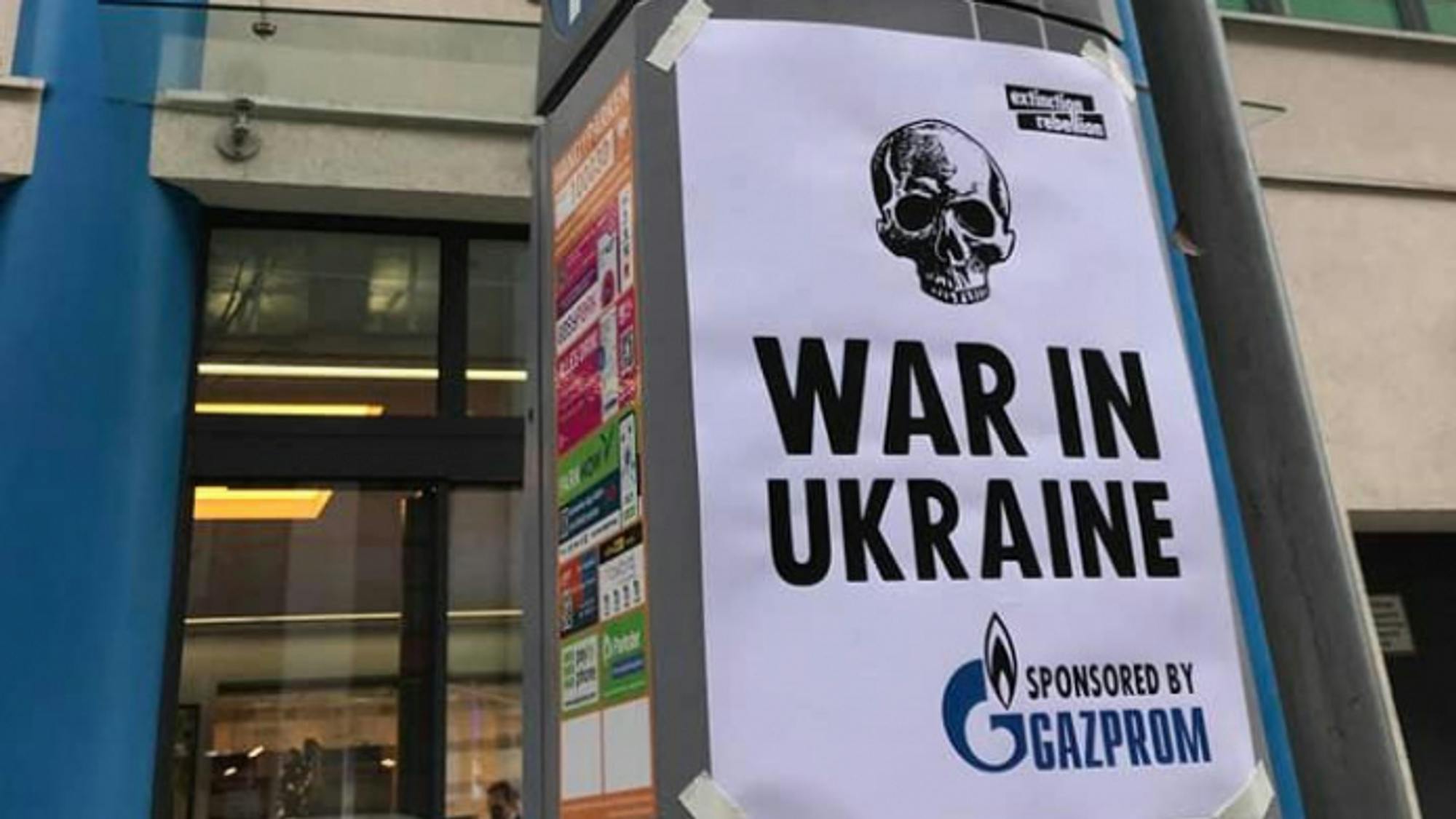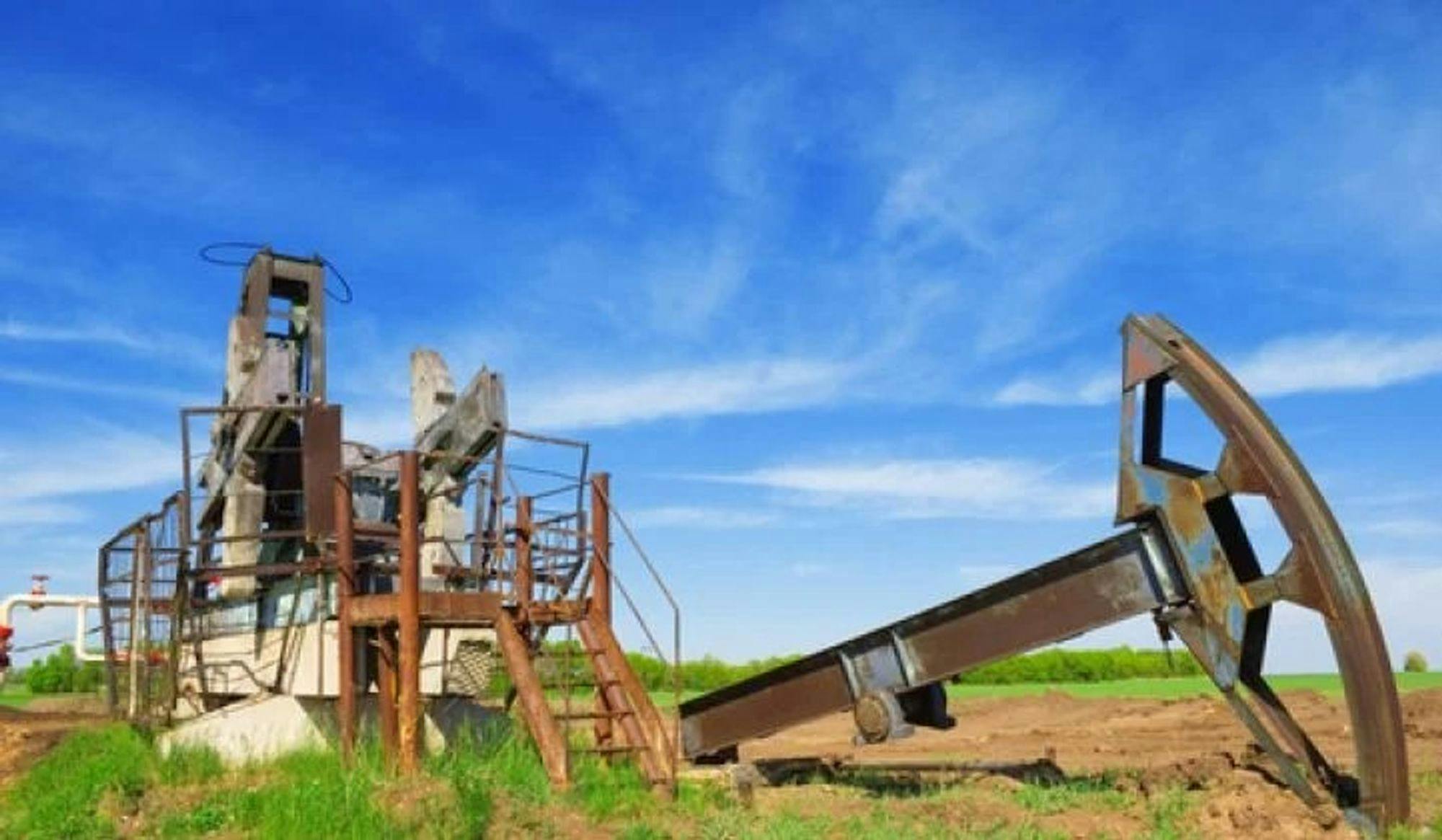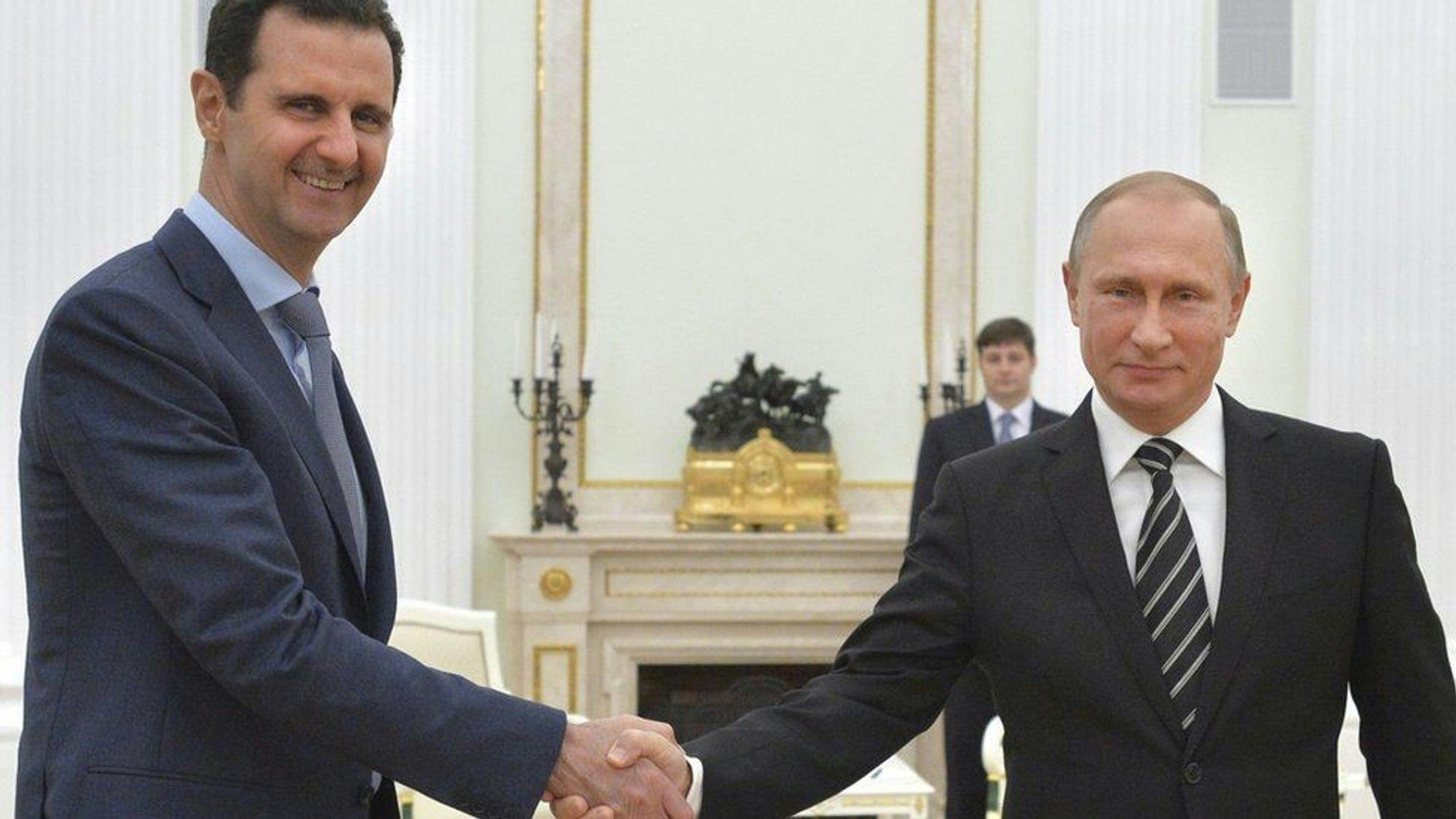How to De-Fund Putin’s Gas Company
2022-03-20 by Albert R Carter
Are you feeling upset but helpless as Ukraine’s war rumbles on? It might not be realistic to suddenly stop buying gas and you’re probably not in a position to pick up a gun and join the fight. And as you’ve found your way here, you were probably already concerned about climate change. How is one person supposed to confront these monumental issues?
Because of the ways that finance works, you’re not as helpless as you might feel.
It is fair to be upset, because the unfortunate fact is that your money probably provided financing for Gazprom, which is funding Putin’s bombs, which are dropping on cities and children and as you read this. That same money is also financing the climate crisis. Both are causing grain prices to spike, resulting in a food crisis that’s causing millions to go hungry, and contributing to a refugee crisis as the dominoes continue to tumble.
The following banks have all been financing Gazprom since 2016. If you have money at any of them, you inadvertently financed Gazprom and the war in Ukraine:

- JPMorgan Chase, $3.6 billion USD Gazprom financing since 2016
- UniCredit, $2.4 billion
- Sberbank, $2.4 billion
- Deutsche Bank, $1 billion
- Crédit Agricole, $977 million
- Intesa Sanpaolo, $356 million
- BPCE/Natixis, $200 million
Source: Banking on Climate Chaos 2021 report
In more ways than one, coal, oil, and gas are destroying our world. So, what can you do?
Move your money to safety
Your first priority should be leaving any bank that gives fossil fuel loans; tell the people in your life who value your advice to do the same. Then, you should be pressuring your banks, insurers, and pension funds not to underwrite or buy fossil fuel bonds. Later, you should sell any fossil fuel bonds you have. Lastly, you should ask your insurance companies not to insure fossil fuel infrastructure. (Insurance isn’t covered in this article because Bank.Green targets – you guessed it! – banks, but this Harvard Business Review article explains more.)
Read on for more detail as to why these financial strategies work — and why others don’t.

What Doesn’t Do Much At All: Selling Stocks
Like in most corporations, ownership of Gazprom is sold in “stocks,” “shares,” or other types of “equity.” Young companies without physical equipment typically raise money by selling "stocks" to investors directly, while older companies mostly raise money through bank loans and bonds. These established companies’ stock is mostly available to be purchased from other investors. (These investors at some point in the past purchased the stocks from the company.)
Read more about selling stocks
Even for big investors, the problem with divesting from (selling) oil company stock is that it just doesn't really do much at all.
What Sometimes Works: Buying Stocks, aka Engagement
Earlier, you sold oil company stocks to other investors in order to lower company share prices. But that didn’t do much. Now, let’s pretend you reverse yourself and buy ownership in some of the world’s largest oil companies. As an owner and investor, this will eventually allow you to propose votes or "shareholder resolutions" on how the company is managed.
Engagement Scenario 1: At national oil companies, the game is rigged. You can’t win.
For national oil companies, your engagement as an investor is mostly symbolic. All you can really expect is to be paid if the company makes money, not a say over how it actually makes that money.
Read more about Engagement Scenario 1
Engagement Scenario 2: At private oil companies, the game is still rigged. You can win but you might not.
Of course, there are other big oil companies like Exxon where your shareholder resolutions can have impacts on the company. Unfortunately, shareholder resolutions are interpreted by company management. Like making a wish through a possibly evil genie, when proposing and voting on shareholder resolutions, you have to be very careful what you wish for.
Read more about Engagement Scenario 2
An engagement wrap up
You have to be very careful when engaging with oil companies. Engagement is difficult unless you have large amounts of money at your disposal, but even then, like evil genies granting wishes, shareholder resolutions can sometimes go wrong.
At Bank.Green, we believe that shareholder engagement is appropriate in industries that are tangential to fossil fuels, like financial services. We don't think that shareholder engagement with fossil fuel companies is appropriate for most NGO and non-commercial players. It’s hard to beat a rigged game.

What Does Work: Boycotting Bonds
When oil companies like Gazprom need to raise money to fund things like pipelines, oil rigs, vehicles, or other heavy equipment, they rarely do so by selling stocks. Instead, they often sell bonds. Bonds are like stocks in that you can buy them from the company or from investors and then sell to other investors later on.
Bond boycotts work. Gazprom will not be raising much money through bonds anytime soon. That’s less money for Putin’s war machine. In the future, you may want to ask your insurer, pension fund, and government to boycott other fossil fuel bonds, helping fulfill their obligation to future generations.
Read more about boycotting bonds
What Works Very Well: Stopping Bank Loans
While thinking about why a bond boycott worked, you realize that there might be another way to cut Gazprom and other oil companies off from the financial world: bank loans. Your bank lends your funds to other people, for cars, homes and other things. It also lends your money to Gazprom and other oil companies like it. And if Gazprom doesn’t pay them back? It might just repossess Gazprom’s oil fields sit and rot, just like it did with that house down the street during the 2009 mortgage crisis.
Stopping bank loans works. As in the case with boycotting Gazprom’s bonds, no one wants to rescue a violent and drowning warmonger.
Read more about stopping bank loans

Wrap Up
Next year, you might look back and remember the start of the war in Ukraine, rising food prices, rising energy prices, the ongoing environmental crisis, and the helplessness you felt at the start of it all. And then you might remember things you did to fight it. You’re just one person and you couldn’t fix everything, but it feels good to know that what you did mattered.
Recent sanctions have cut off finances to Gazprom and Putin’s Russia, but Gazprom isn’t the only nationally owned oil company controlled by a war-hungry despot. If your money was until recently funding Gazprom and Putin, it almost certainly is still (Libya) funding (Saudi Arabia) others (Egypt) just (Syria) like (Venezuela) them (China).

Syrian president Bashar al-Assad and Vladimir Putin
Change your bank. Do it today. Find out how to apply pressure to your current bank, switch to a new bank, and spread the message of fossil fuel financing with our Take Action guide. Glory to Ukraine.

Dictator relay race
Start to Bank Green Today
Banks live and die on their reputations. Mass movements of money to fossil-free competitors puts those reputations at grave risk. By moving your money to a sustainable financial institution, you will:
Send a message to your bank that it must defund fossil fuels
Join a fast-growing movement of consumers standing up for their future
Take a critical climate action with profound effects